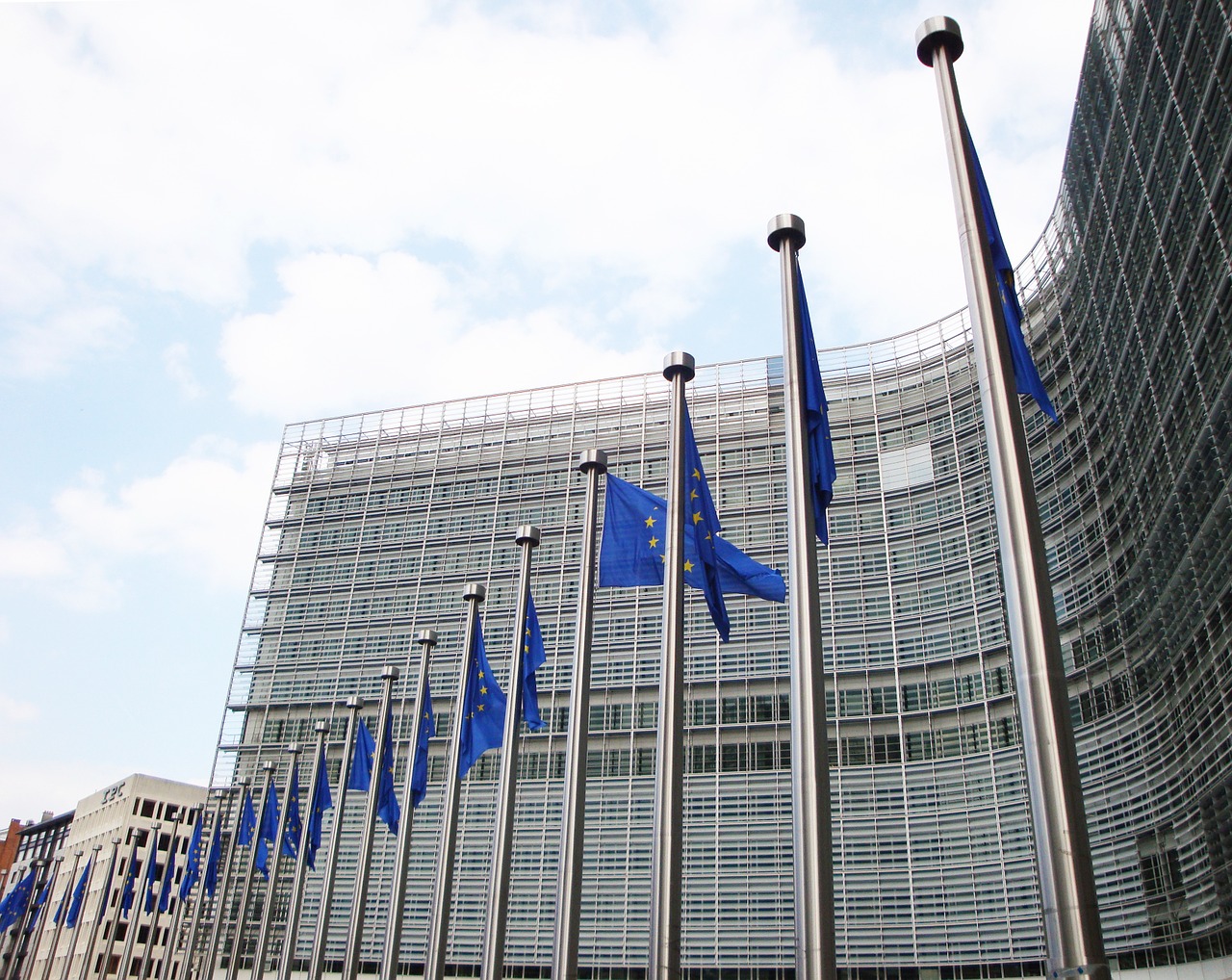After a summer full of discussions on Brexit and Italy, it’s time for the new – and old – policymakers to head to their offices in Brussels. With a new leadership team soon in place, Europe has to prepare itself for November 1, when Ursula von der Leyen will officially become the new Commission President.
The European elections brought some interesting insights on the current political atmosphere across Europe: losses for the big, traditional parties, increasing concern over climate change and a network of well-connected far-right parties. Despite these shifts, however, there’s something that didn’t change on the European level – or perhaps even got worse: there is no political group that represents classical liberal ideas.
The European People’s Party (EPP) lost 39 seats, with only a handful of national parties in countries like Greece, Austria, and Lithuania, improving. The Socialists and Democrats (S&D) also experienced a loss of 37 seats, with sobering results in every major European country except Spain. The era of the so-called Grand Coalition has certainly come to an end.
Meanwhile, it appears that the time for the so-called “Liberals” (ALDE) has come. With a gain of 41 seats, the group established itself as the clear third force in European politics, to a large extent thanks to Emmanuel Macron’s En Marche movement.
Bringing in Macron may have cost them dearly, however. With leaders such as Guy Verhofstadt, ALDE was never the liberal group it portrayed itself as. Since the election, however, things have gotten worse. Because of Macron, they had to drop the name ALDE – L for “liberal” was too big of a headache to the French President. Renew Europe (RE), as they are now called, has taken a more centralist approach to the new three-party coalition rather than a reformist stand. And it’s not only Macron and Verhofstadt who are not truly liberal: for instance, the Spanish Ciudadanos is striving for a United States of Europe, whereas the Liberal Democrats are offering, in the words of the IEA’s Mark Littlewood, an “illiberal concoction of heavy public spending and state intervention.” There are still some voices left in RE who want a freer and less centralizing EU. But with internal disagreements and the leadership remaining ultra-federalist, it seems that RE won’t be the group to fight for reforms against the bureaucratic machine that the EU has turned into.
Meanwhile, the European Conservatives and Reformists (ECR) describe themselves as euro-realist and strive – at least in theory – for “a more flexible, open, and economically vibrant EU offering citizens and taxpayers tangible benefits.” The group was set up in 2009 by the then-Cameron-led Tories as a pan-European alternative to the Christian Democrats. The ECR approach during its first years was one of skepticism toward the ongoing bureaucratization and undemocratization of the EU, but not one against the European project as a whole. However, since the Brexit election, the role of the British has drastically faded, if only because they only won four seats in the elections, down from 19 before.
The new ECR without the traditionally dominant Tories has drifted away from its original positions, now with the authoritarian Polish PiS at the helm with more than a third of the ECR’s members. At this point, the ECR is a strange cocktail of parties with no clear direction. The last grasp of the “old” ECR was carried by Jan Zahradil, during his candidature for the Presidency of the European Commission. Now the group is chaired by MEPs of controversial PiS and Fratelli d’Italia. Most likely, they will sooner or later distance themselves from Cameron’s brand of liberal conservatism and shift towards a populist, authoritarian anti-EU position, thereby losing not only its identity, but also its relevance for both classical liberals as well European politics.
Thus, the only two political groups which could have advocated for a European project that stands for individual liberty, open markets, and decentralisation have left their visions and drifted toward illiberal proposals. One might say then that, sadly enough, no political party on the European level can still be seen as a vehicle for classical liberals anymore – at least for now.
This piece solely expresses the opinion of the author and not necessarily the organisation as a whole. Students For Liberty is committed to facilitating a broad dialogue for liberty, representing a variety of opinions. If you’re a student interested in presenting your perspective on this blog, click here to submit a guest post!
Image: Pixabay
This piece was originally published at Austrian Economics Center
